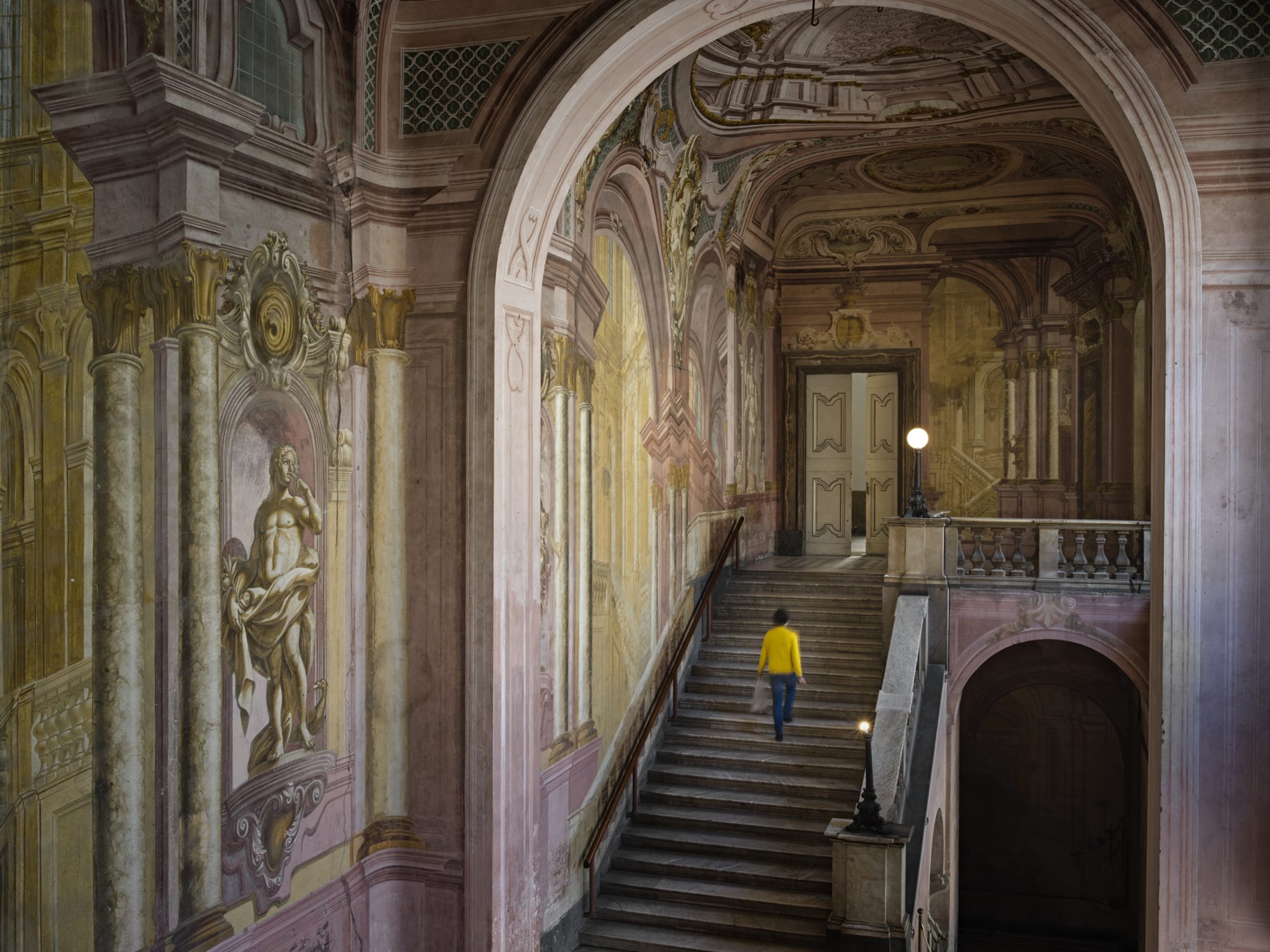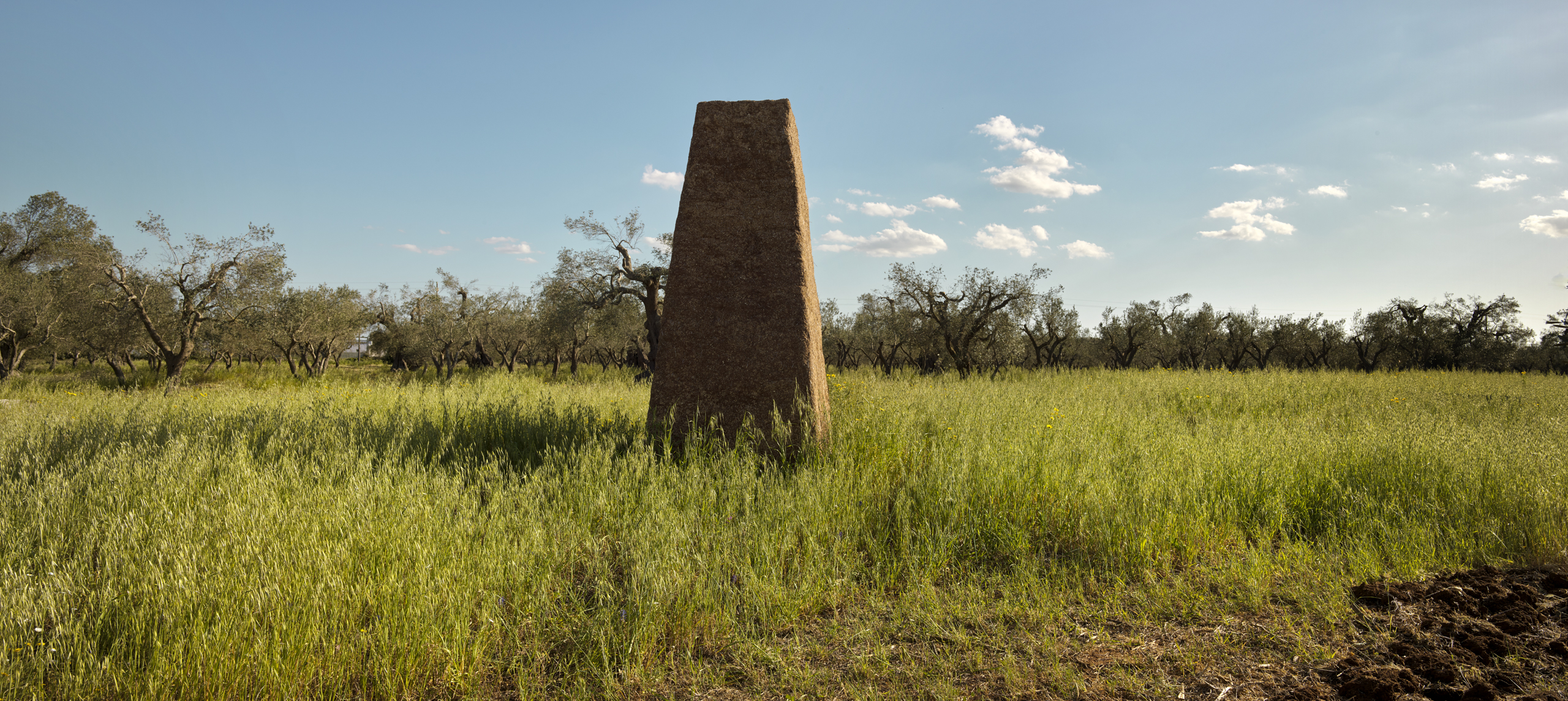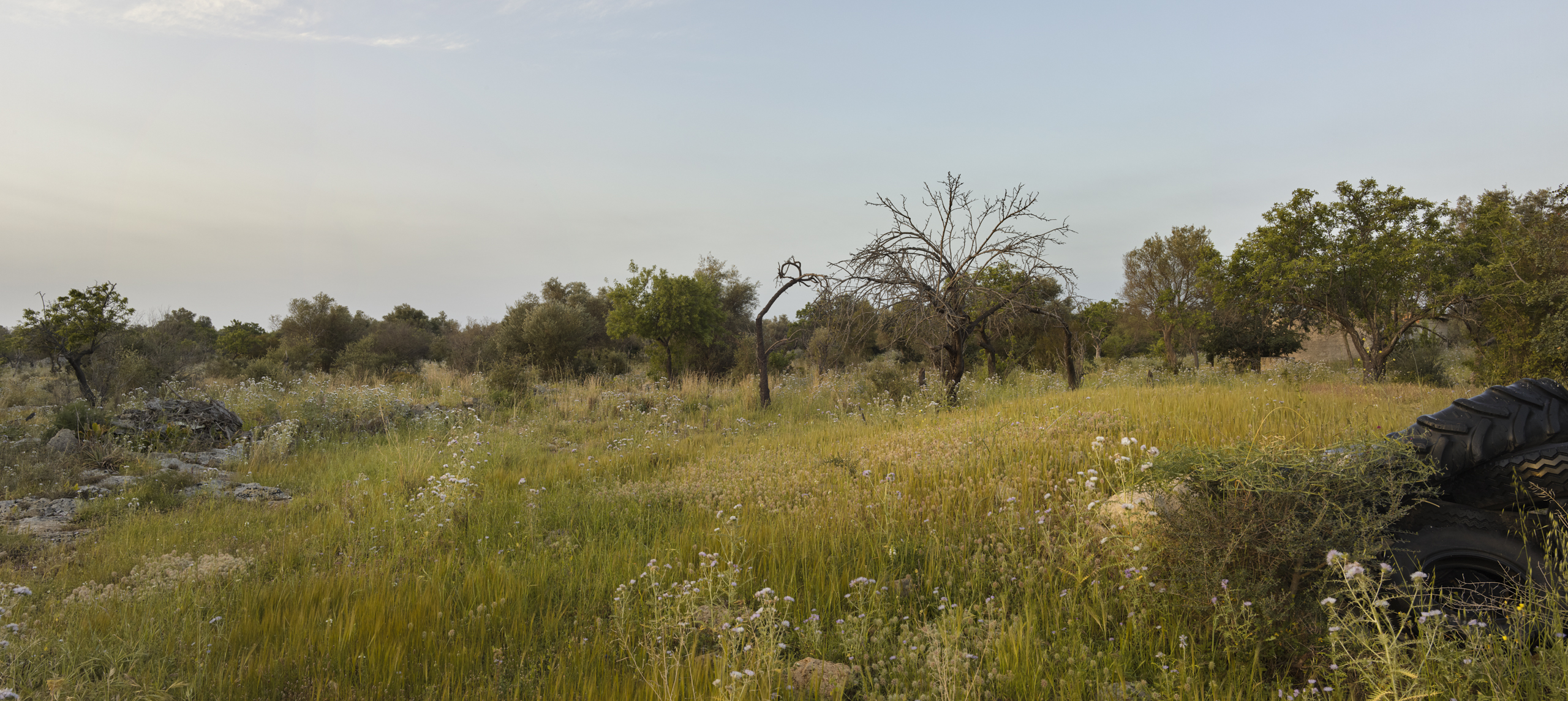
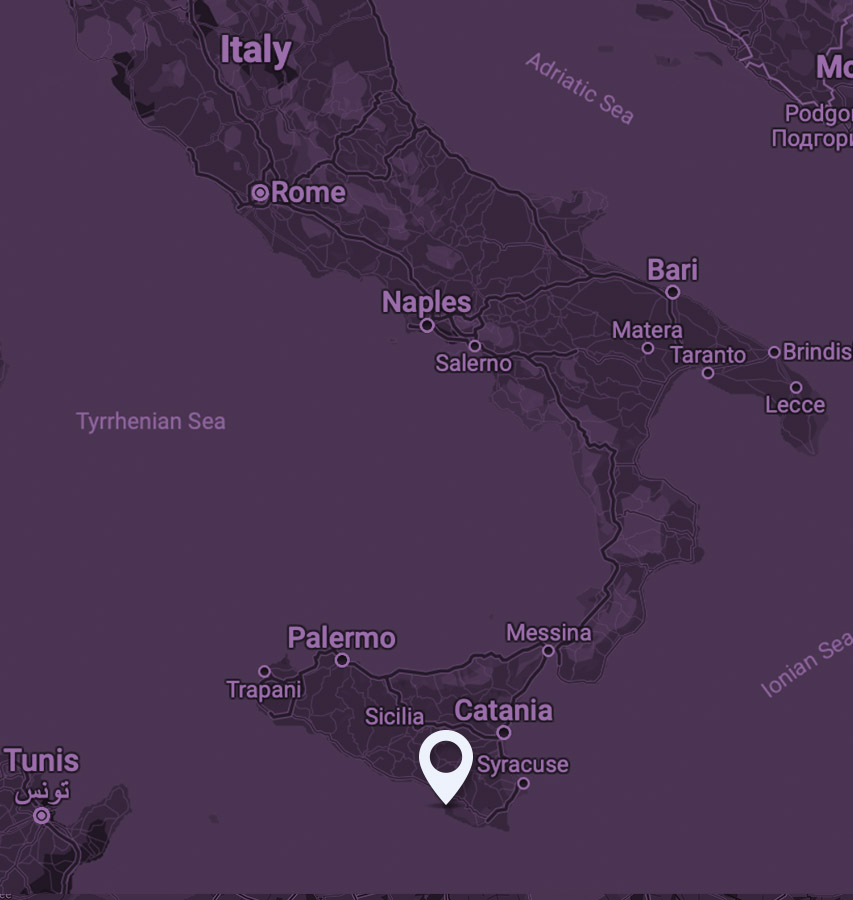
Azienda Agribio Lo Bianco
The agricultural area close to the historic city of Syracuse on Sicily is blessed with a warm, sunny climate and fertile soil. Together they have made it one of the most intensively farmed regions in Sicily. We are going to see the family farm Azienda Agribio Lo Bianco, where organic vegetables and citrus are grown on 200 hectares of land. On our way we pass endless citrus orchards, and to the left and right of the road loom huge warehouses, making the area reminiscent of a vast industrial zone.
When our navigation system indicates ‘destination reached’, we find it hard to imagine that behind the high fences of this company lies an oasis where nature and food production go hand in hand.
After a tour of the processing plant, we are taken by one of the company’s agronomists to see the land where the courgettes, carrots, potatoes, red and yellow peppers, chicory, iceberg lettuce, red beet, celery and fennel are grown. Of the total of 200 hectares, 30 hectares are reserved for the growing of typical Sicilian citrus fruits, including Valencia and Tarocco oranges and Ferminello lemons.
Anyone who, when thinking of organic agriculture, imagines a smallholder growing unsprayed carrots on a scrap of land will have to think again after a visit to this company. In the enormous processing hall with its ultramodern machines, carrots, potatoes, citrus fruits and leafy greens are washed, scanned, sorted, packed and cooled. They are then readied for transport to supermarkets in Italy and elsewhere in Europe.
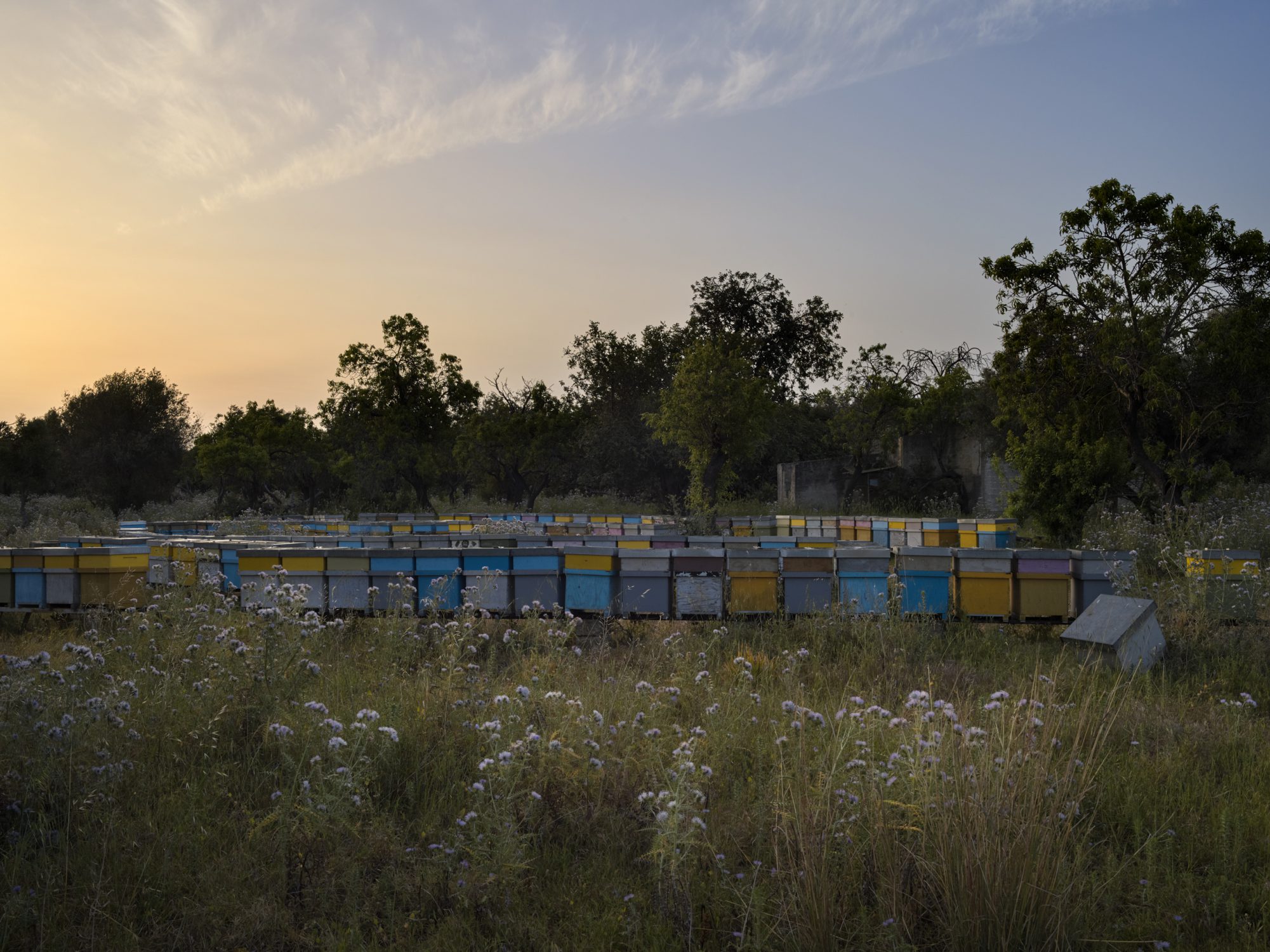
"On our farm we have bees, insects, butterflies and other creatures that you don't see on other farms."

"Being able to see the butterflies on the land, and at night the glow worms."
Chiara Lo Bianco
Cassibile, Sicily, Italy
She studied agricultural sciences and during her doctoral studies abroad garnered a lot of technical farming experience, which she has been able to apply successfully on her own farm.
In answer to a question about what motivates her, she borrows the words of her father:
“Being able to see the butterflies on the land, and at night the glow worms. That’s the only thing that matters”
It was once her grandmother’s lemon garden. Chiara Lo Bianco’s father Giuseppe took over the business and switched to organic growing. He refused to spend money on chemical herbicides and pesticides that would then damage his land.
His daughter Chiara trod in his footsteps and took his projects a step further.
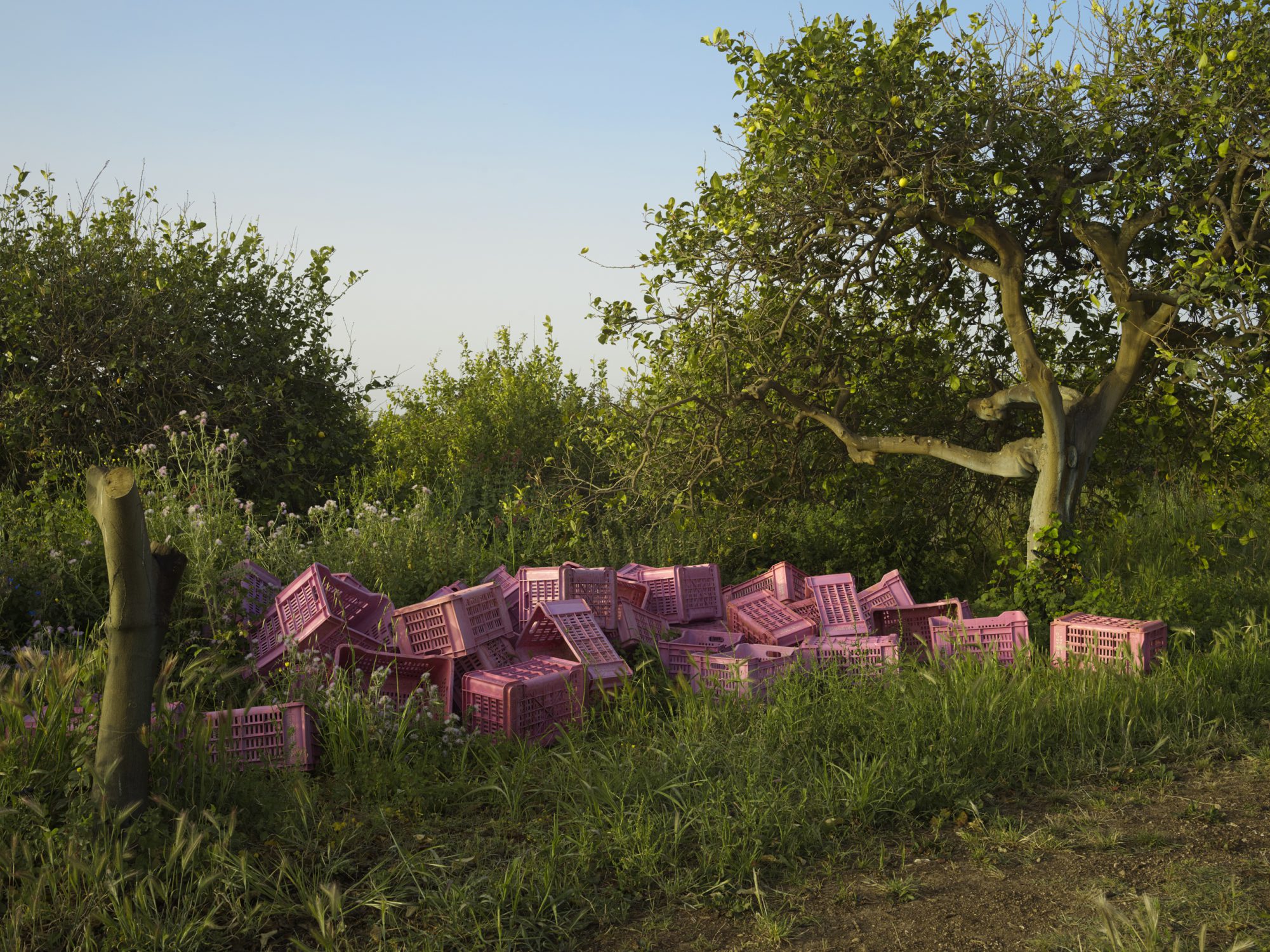
"I can say that for me, economically and above all in my personal life, organic production provides satisfaction, a kind of balance."
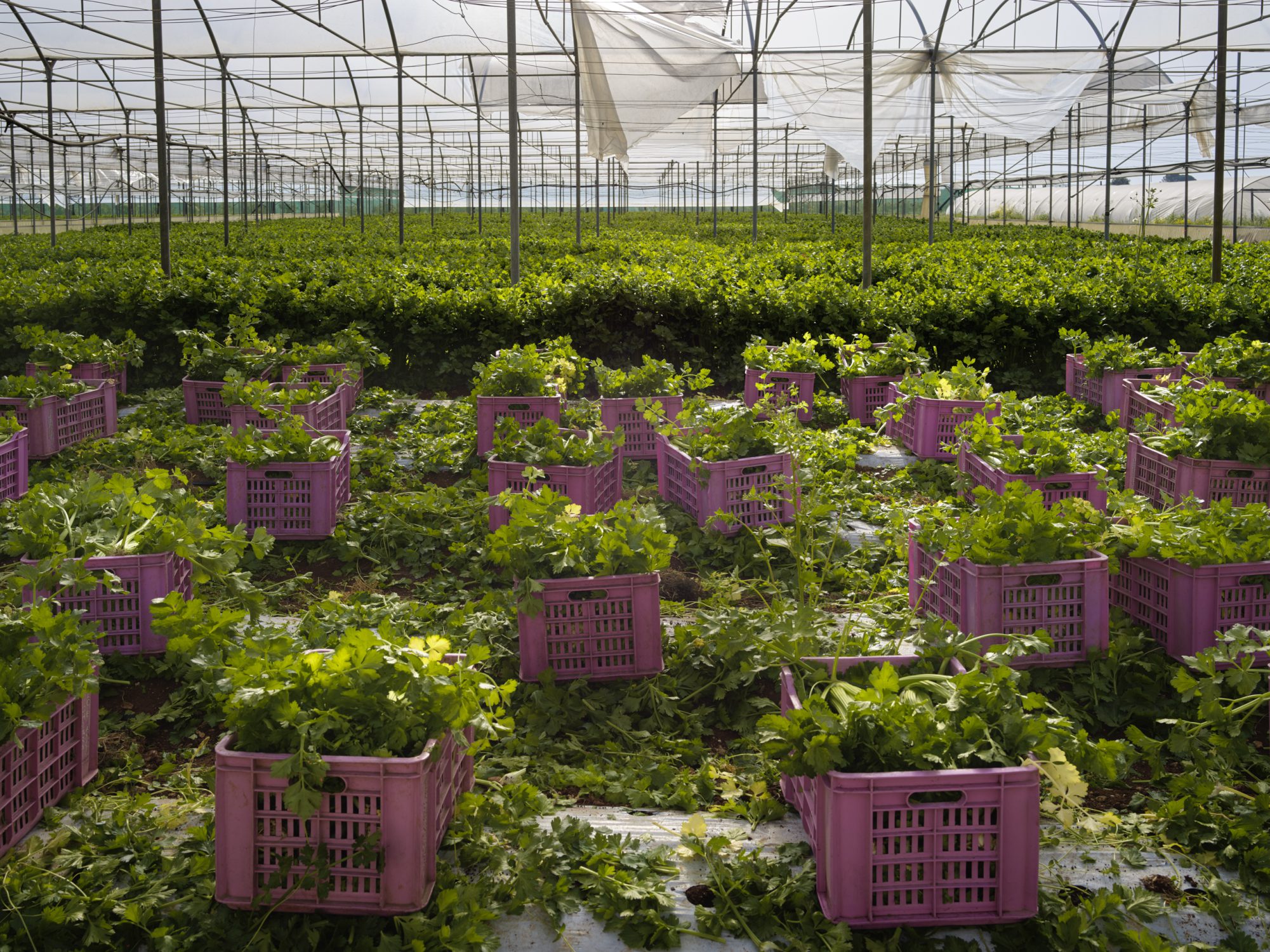
"By founding a farmers' organization, we wanted to bring together environmentally conscious organic farmers."

"We have people from all over the world working in our company. There are people from Africa, India, Italy, from Eastern Europe, from everywhere."
The Gangmaster system
The Gangmasters and Labour Abuse Authority works in partnership with others to protect vulnerable and exploited workers.
Their role is to protect workers. Through the intelligence we receive from our inspections, the public, industry and other government departments, we investigate reports of worker exploitation and illegal activity such as human trafficking, forced labour and illegal labour provision, as well as offences under the National Minimum Wage and Employment Agencies Acts.
Workers receive fair treatment and all the pay, benefits and conditions they are entitled to.
Labour providers are not undercut by those who pay less than the minimum wage or avoid tax.
Labour users can check their workers come from a legitimate provider and are informed if their labour provider’s licence is revoked.
Consumers can be assured that their food has been picked and packed in an ethical environment.
Source: Gangmasters and Labour Abuse Authority (GLAA)
"We have set up integration projects to combat unfair working practices. So we are members of an organization that works against the gangmaster system."
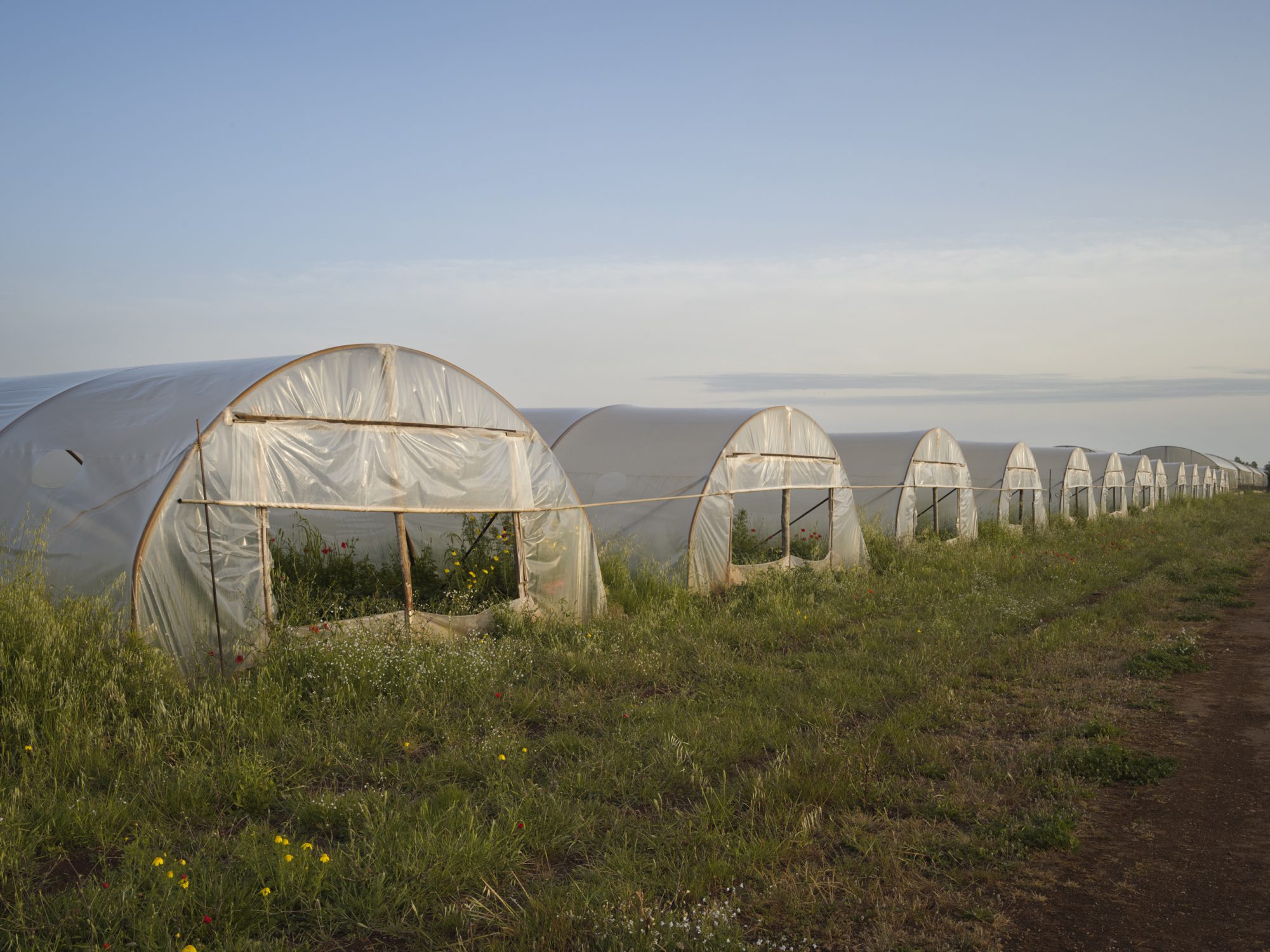
"Of course, the quantity does not match the peaks seen in conventional farming. But you can certainly reach an economically sustainable level."
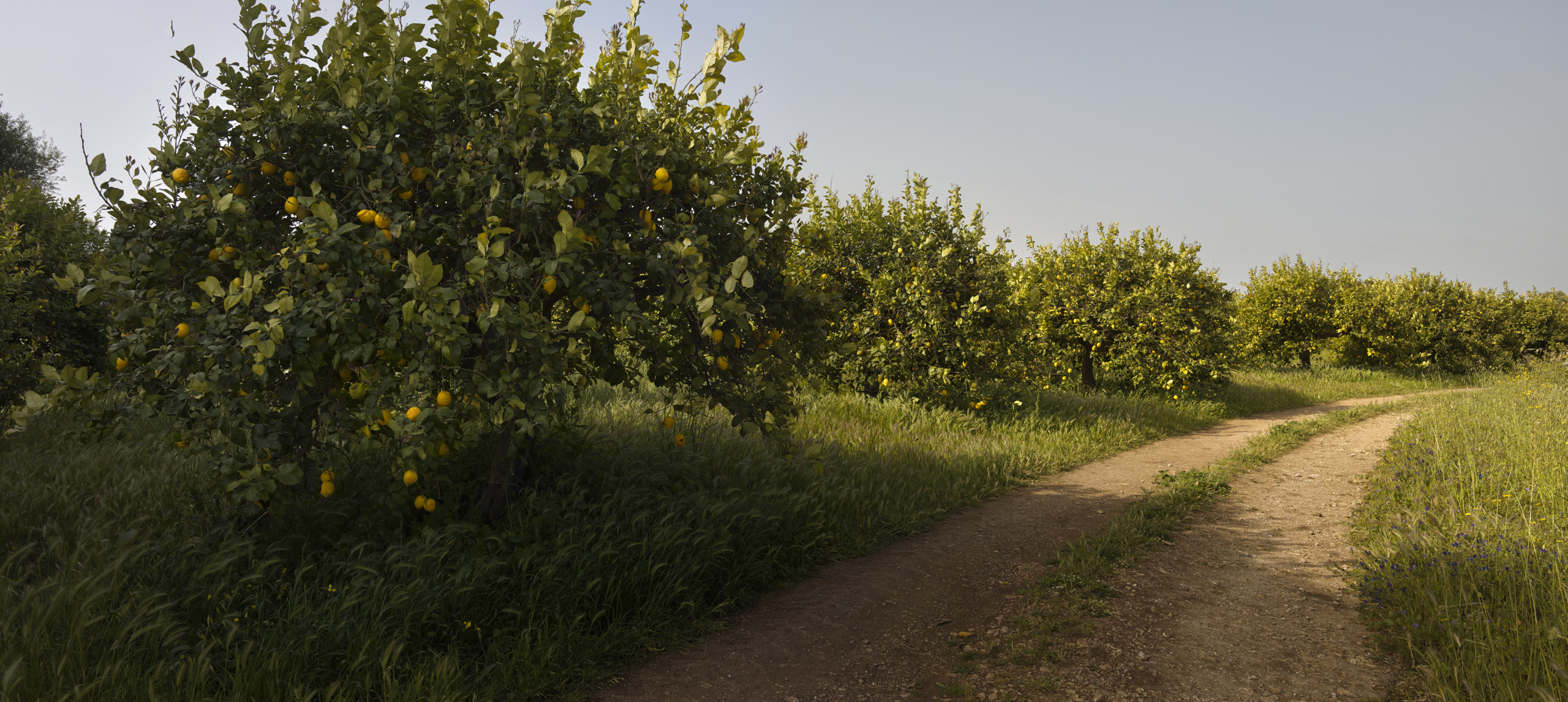
"There is only one world. It’s ours alone and only we can save it."
We have selected another two stories that might inspire you.
